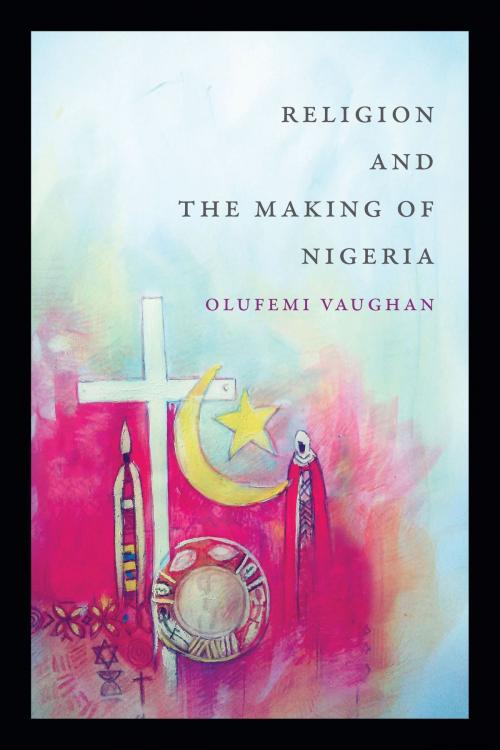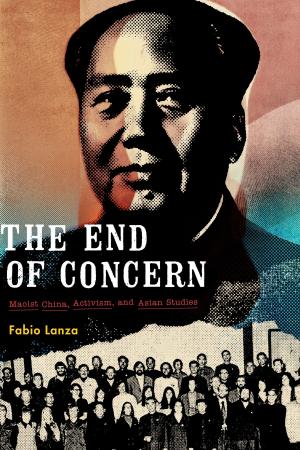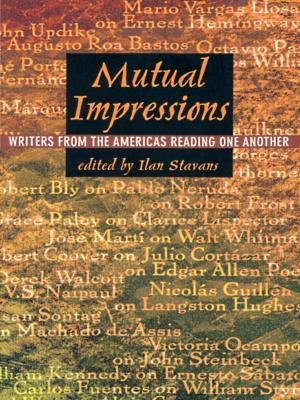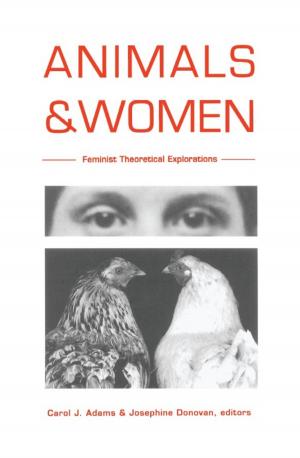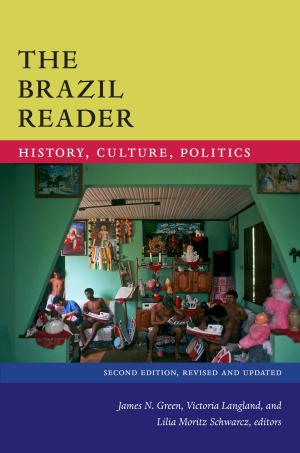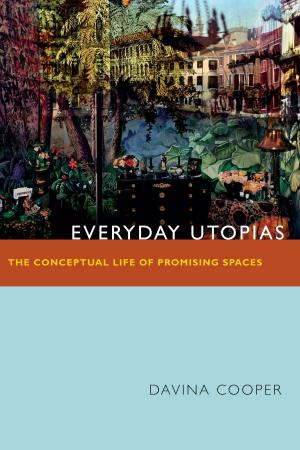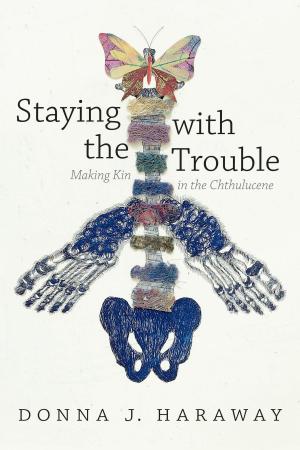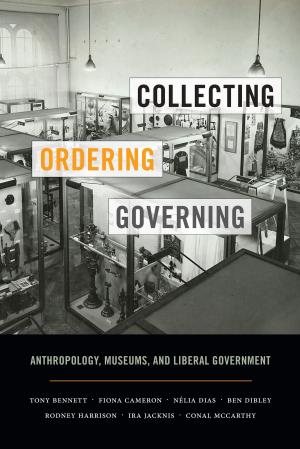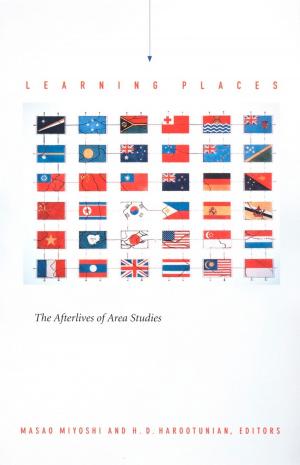Religion and the Making of Nigeria
Nonfiction, History, Africa, Religion & Spirituality, Middle East Religions, Islam, Christianity, General Christianity| Author: | Olufemi Vaughan | ISBN: | 9780822373872 |
| Publisher: | Duke University Press | Publication: | November 10, 2016 |
| Imprint: | Duke University Press Books | Language: | English |
| Author: | Olufemi Vaughan |
| ISBN: | 9780822373872 |
| Publisher: | Duke University Press |
| Publication: | November 10, 2016 |
| Imprint: | Duke University Press Books |
| Language: | English |
In Religion and the Making of Nigeria, Olufemi Vaughan examines how Christian, Muslim, and indigenous religious structures have provided the essential social and ideological frameworks for the construction of contemporary Nigeria. Using a wealth of archival sources and extensive Africanist scholarship, Vaughan traces Nigeria’s social, religious, and political history from the early nineteenth century to the present. During the nineteenth century, the historic Sokoto Jihad in today’s northern Nigeria and the Christian missionary movement in what is now southwestern Nigeria provided the frameworks for ethno-religious divisions in colonial society. Following Nigeria’s independence from Britain in 1960, Christian-Muslim tensions became manifest in regional and religious conflicts over the expansion of sharia, in fierce competition among political elites for state power, and in the rise of Boko Haram. These tensions are not simply conflicts over religious beliefs, ethnicity, and regionalism; they represent structural imbalances founded on the religious divisions forged under colonial rule.
In Religion and the Making of Nigeria, Olufemi Vaughan examines how Christian, Muslim, and indigenous religious structures have provided the essential social and ideological frameworks for the construction of contemporary Nigeria. Using a wealth of archival sources and extensive Africanist scholarship, Vaughan traces Nigeria’s social, religious, and political history from the early nineteenth century to the present. During the nineteenth century, the historic Sokoto Jihad in today’s northern Nigeria and the Christian missionary movement in what is now southwestern Nigeria provided the frameworks for ethno-religious divisions in colonial society. Following Nigeria’s independence from Britain in 1960, Christian-Muslim tensions became manifest in regional and religious conflicts over the expansion of sharia, in fierce competition among political elites for state power, and in the rise of Boko Haram. These tensions are not simply conflicts over religious beliefs, ethnicity, and regionalism; they represent structural imbalances founded on the religious divisions forged under colonial rule.
